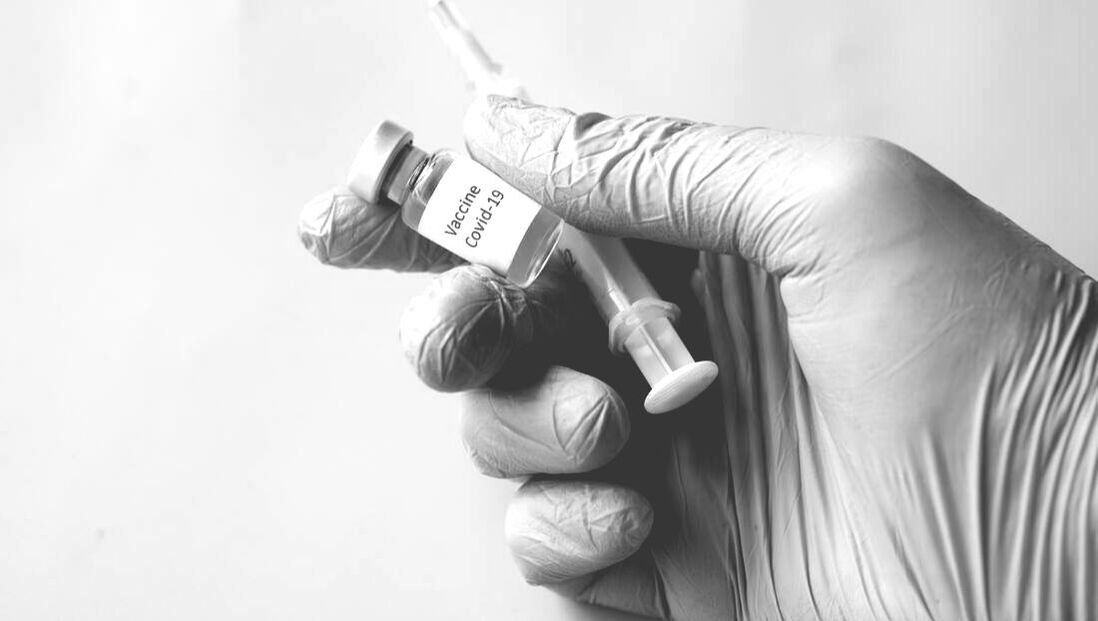DR. A, ET AL, V. KATHY HOCHUL, GOVERNOR OF NEW YORKProtect the First Foundation today asked the Supreme Court to hear the case of healthcare workers in New York State who were fired because of a religious objection to the coronavirus vaccine.
Background: Some practicing healthcare workers object to receiving COVID-19 vaccines because of the use of fetal cells in the vaccines’ development process (though no such cells appear in the mRNA vaccines). Most states accommodate this small minority of Americans who have such religious objections to receiving the coronavirus vaccine. New York State, however, is taking a different approach. When it issued a mandate for all healthcare workers to be vaccinated, the state broadened exemptions for those with medical concerns. But the state denied any accommodation for those with religious objections to the vaccine. It fired healthcare workers with such objections and cut them off from access to unemployment benefits. The Case and the Brief New York argues that the medical exemption is “not comparable” to the religious exemption because it “advances rather than undermines” the state’s interest in “protect[ing] healthcare workers themselves.” The Second Circuit, in upholding New York’s refusal to allow a religious exemption, held that the medical exemption did not trigger strict scrutiny because vaccinating “a healthcare employee who is known or expected to be injured by the vaccine would harm her health and make it less likely she could work.” The Protect the First Foundation countered: “But that reasoning overlooks the fact that terminating religious objectors also harms the state’s interest in preventing staffing shortages and keeping healthcare workers on the front lines. More fundamentally, it ignores that the medical exemption undermines the government’s core asserted interest in ‘prevent[ing] the spread of COVID-19 in healthcare facilities among staff, patients, and residents.’” The brief noted that as far back as Church of the Lukumi Babalu Aye, Inc. v. City of Hialeah in 1993, the Supreme Court recognized that laws discriminate against religious practice when they “fail to prohibit nonreligious conduct that endangers [the government asserted] interests in a similar or greater degree” to religious conduct. The core issue in this case traces its root to a 1990 Supreme Court decision in Employment Division v. Smith. Under that decision, and later cases, laws that incidentally burden religion are not subject to strict scrutiny—the standard under which laws burdening other constitutional rights are reviewed—if they are neutral and generally applicable. The Supreme Court has made clear that laws are not generally applicable when they forbid religious conduct while allowing secular conduct that undermines the government’s interests in a similar way. Protect the First Foundation observed: “As the Second Circuit recognized, allowing unvaccinated workers invoking the medical exemption to remain on the front lines presents ‘comparable risks of both contracting and spreading COVID-19,’ regardless of ‘the reason that the employee is unvaccinated’ … What’s more, firing healthcare workers with religious objections undercuts the state’s asserted interest in preventing staffing shortages.” Protect The 1st will report on further developments if the Supreme Court adopts this case. Comments are closed.
|
Archives
June 2024
Categories
All
|
ABOUT |
ISSUES |
TAKE ACTION |



 RSS Feed
RSS Feed